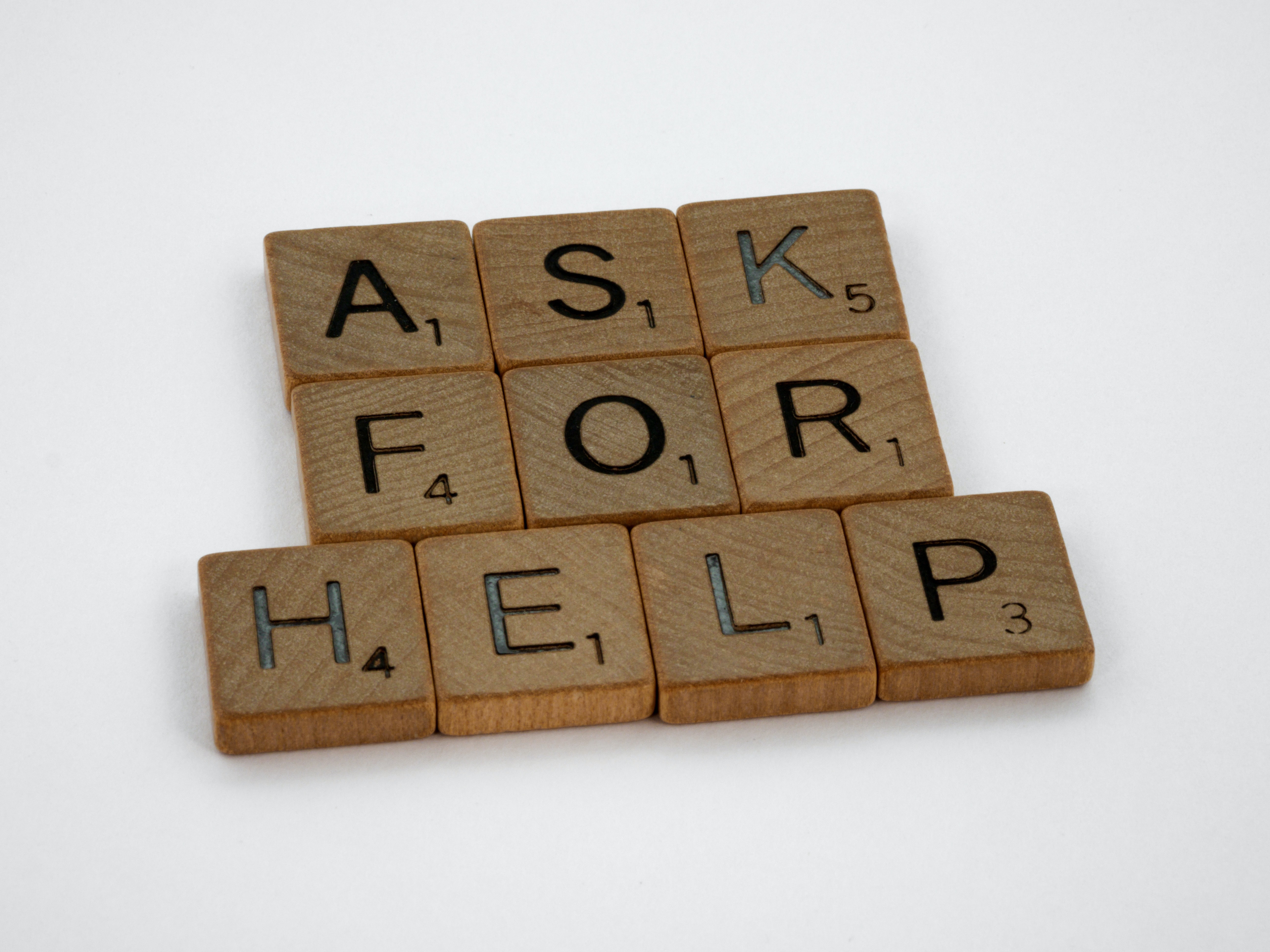Ways to Set Healthy Boundaries

Benefits of Boundaries
Healthy boundaries are an essential part of a healthy relationship. You may be asking yourself, “What are boundaries?” If you have never heard of a boundary, you are probably someone who can really benefit from them! Boundaries are limitations we set with other people. When setting a boundary, someone communicates what is and is not okay with them. By setting this boundary, they hope that the other person hears what they are saying and respects their wishes moving forward.
As researcher Brené Brown says, healthy boundaries are an act of self-care. They allow us to prioritize our needs and safeguard our comfort levels. Healthy boundaries also allows us to speak up for ourselves! Brown states, “daring to set boundaries is about having the courage to love ourselves, even when we risk disappointing others.”
Are you interested in setting more healthy boundaries in your life? Do you want to learn how to do so effectively? If so, keep reading!

Look Within
Setting healthy boundaries allows us to put our needs first! Before we can do so, we need to figure out what our needs even are! Taking a look within allows you to think about how someone treats you and what you would like to change. For example, imagine that you are unhappy in a romantic relationship. After some self-reflection, you realize that you don’t like how they communicate with you. You feel like when you have disagreements, your partner constantly interrupts you – this is especially frustrating when you are trying to share your point of view!
People-pleasers might constantly feel upset when people take advantage of their energy and time. People-pleasers have a hard time disappointing and saying “no” to others. Someone in their life might see this struggle and use it to their advantage by constantly asking for favors even when they know the people-pleaser is busy.
Whatever it may be, give yourself space to acknowledge and validate your feelings – they matter!
Setting Boundaries
Let’s use the the people-pleasing situation as our example. As mentioned before, imagine you are a people-pleaser who feels overwhelmed with all your obligations. You have a friend who keeps asking your for help with their assignment, but you have so many personal due dates stacked! You wouldn’t mind helping them, but you are way too busy!
This is a great time to set up a boundary! You’ve already self-reflected and realized what you would want to make a boundary about. Now you have actually to set that boundary. If you feel intimidated at first, you can practice in the mirror or with a trusted friend for support. Be clear in what you will say, and highlight what you are/are not comfortable with.
In this situation, you could say something like, “I cannot help you with your work until I finish mine. If I have time to spare, I will let you know!” This statement lets the person know what you need from the situation and clearly stresses your limits. This boundary allows you to put your needs first! Try not to over-apologize, make up a million excuses, or compensate for your boundary – stand firm in your needs!

Sticking to the Boundary: The Most Important Step
Communicating openly and honestly can make you feel very vulnerable. You may fear how the other person will react to your boundary setting. As that Brené Brown quote mentioned before, there is a risk that someone may get upset with you. The important thing to remember is that you are not responsible for anyone else’s feelings. You may feel guilty setting a boundary, especially if you are a people-pleaser, but know that there is no need to! You should never feel bad about putting your needs first and honoring your comfort levels!
It can be tempting to go back on a boundary because of guilt. Even though you wish to set this boundary, you may feel bad and think “just this one time” won’t hurt.

Sticking to boundaries is important because it shows other people how to treat these limitations. As Tony A. Gaskins Jr. once said, “You teach people how to treat you by what you allow, what you stop, and what you reinforce.” If you don’t even respect your own boundaries, other people may follow in your lead! You are worthy of upholding your boundaries and prioritizing your needs!
Other people may get upset or annoyed at your boundary setting. Remember that this reaction really says more about them than you. If you care about someone, you’d want to respect what they are comfortable and not comfortable with. If someone constantly disrespects your boundaries or tries to make you feel guilty about them, maybes it’s time to revaluate their place in your life.

Therapy Can Help
Overall, be proud of yourself for setting boundaries! Whether you are a beginner or pro-boundary setter, know that you’re doing a great job implementing self-love and care into your life!
If you want to learn how to set healthier, more effective boundaries, therapy can help! Therapy can help you develop tools to improve your communication skills in your life and have your voice be heard!
Also, if you relate to the people-pleaser mentioned in this article, read my recent blog post here. This article will help you determine if you are a people-pleaser! Many of my clients are people-pleasers or deal with anxiety and perfectionism! Let me help you live a happier and healthier life!

0 Comments